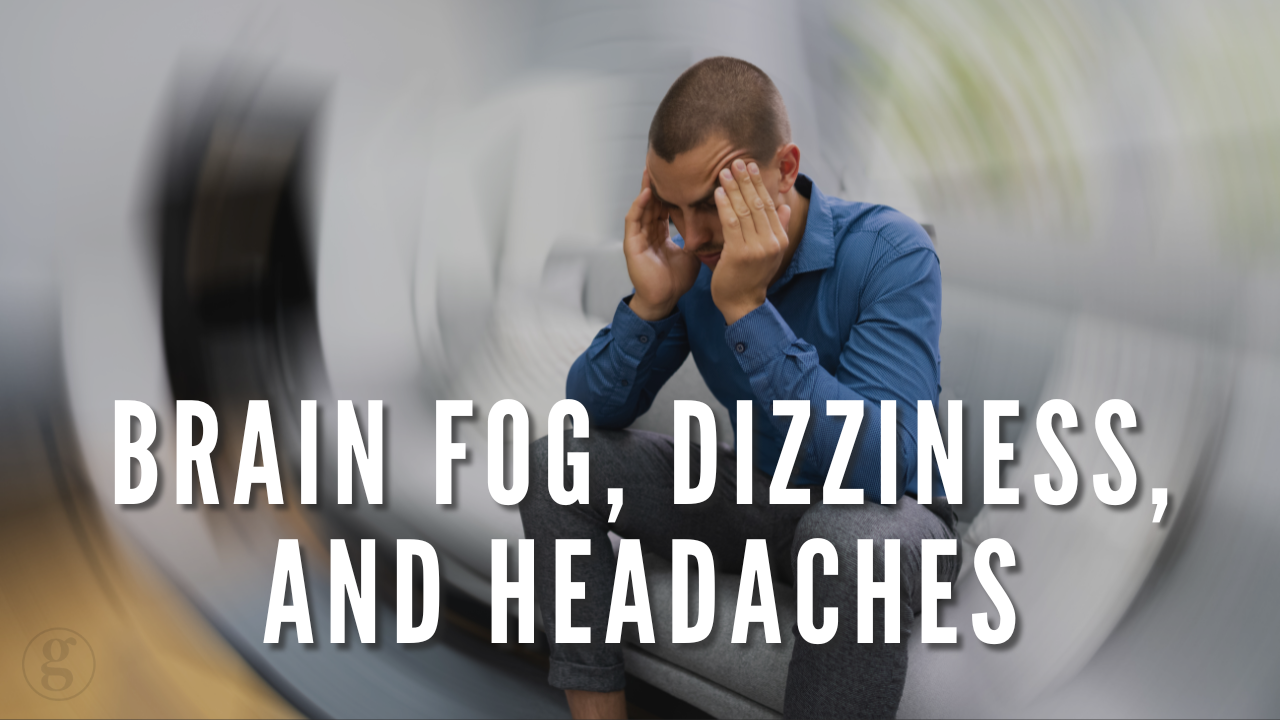Eating too much? Addiction Can Be The Cause

Ever wonder why you can’t stop after eating chips once you start? How about that feeling of being ‘stuffed’ and unable to take in another bite while staring at your unfinished tomahawk steak, but when they take your plate away and drop a warm chocolate lava cake in front of you, there’s always room for dessert. It’s not about hunger—it’s about how certain foods (or beverages) trigger your brain’s pleasure center. While protein and fat (the tomahawk steak) satisfy our basic needs for nutrition, refined carbs and sweets keep you coming back for more, all thanks to the feel-good hormones they release.
Why We’re Not Addicted to Water, Protein & Fat
Think about the last time you were really thirsty. You might have downed a few glasses of water, but once your thirst was quenched, you didn’t feel the need to keep drinking. The same goes for a hearty meal—when you’re really hungry, a steak might look like it doesn’t stand a chance. But as you eat and your hunger fades, so does the desire to keep eating. That’s because water, protein and fat-based foods, like steak, fulfill a specific nutritional need. Once that need is met, your body says, “That’s enough.”
There’s no chemical reward, no dopamine rush—just the satisfaction of having your thirst or hunger taken care of.
The Difference with Refined Carbs and Alcohol
Now, contrast that with foods like bread, pasta, or sugary desserts—or even alcohol. These aren’t consumed for nutritional reasons. Instead, they trigger the release of endorphins, the feel-good hormones in your brain. Unlike water and steak, these foods do not satisfy your nutritional needs—they light up your brain’s reward center, giving you a rush of pleasure that makes you want more.
Just like an alcoholic who isn’t drinking beer for nutrition, you’re not reaching for that second slice of pizza because your body needs it. You’re doing it because your brain wants another hit of that feel-good hormone called dopamine. And with refined carbs, the more you eat, the harder it becomes to stop.
Why Protein and Fat Satisfy, But Carbs Don’t

When you eat a meal rich in protein and fat, like a steak, your body gets what it needs for energy, muscle building, and repair. As your nutritional needs are met, your hunger diminishes, and you naturally stop eating. That’s why, even with a large meal, you’ll hit a point where you just can’t eat any more.
But with refined carbohydrates, it’s a different story. These foods don’t provide the same level of nutrition (carbohydrate foods, even the ‘really healthy’ ones do not provide the nutrient density that protein and fat provide from animal products), and they don’t trigger the same “fullness” signals that protein and fat do. Instead, they offer quick energy and a rush of dopamine, tricking your brain into wanting more, even when your body doesn’t need it. That’s why you can polish off a bowl of pasta or a whole bag of chips without feeling satisfied—because your brain is in charge, not your stomach.
How Refined Carbs Keep You Coming Back for More
Refined carbs are often compared to addictive substances because of the way they affect your brain. Just like alcohol or drugs, they create a cycle of craving and reward. The more you indulge, the more your brain associates these foods with pleasure, making it even harder to stop the next time. This is why people tend to overeat carbs, even when they’re not hungry—they’re chasing that dopamine rush. The carbs that do not have this effect, or a far lesser degree are fruits and vegetables. That’s because in nature protein and fat are generally packaged together in animal products, think steak, fish, poultry, eggs. While carbohydrates are typically packaged with fiber. Fiber has the ability to satiate and prevent the dopamine rush. However, breads, pastas, and all refined or processed foods will typically separate the fiber from the carbohydrate and preventing the satiety signal telling you you’ve had enough.
Breaking the Cycle
The key to breaking free from this cycle is understanding that your cravings aren’t about hunger—they’re about your brain seeking that next reward. By focusing on whole, nutrient-dense foods like proteins and healthy fats, you can satisfy your hunger without triggering the endless cravings that come with refined carbs.
And when you do indulge in carbs or sweets, recognize that moderation is key. By being mindful of how these foods impact your brain, you can make more conscious choices and avoid falling into the trap of overeating.
Key Takeaways:
- Water, Protein and Fat Satisfy: Once your body’s nutritional needs are met, you don’t feel the need to keep drinking water or eating protein-rich foods.
- Refined Carbs and Dopamine: Foods like bread, pasta, and desserts release dopamine in the brain, triggering pleasure and making you want more, even when you’re not hungry. Know the difference bwtween hunger and cravings
- Overeating is Driven by Reward, Not Hunger: Unlike protein and fat, refined carbs don’t fully satisfy your body, leading you to overeat as your brain chases the next dopamine hit.
- Mindful Eating: Recognizing that cravings for refined carbs are about emotional reward can help you break the cycle and make healthier choices.
Next time you find yourself reaching for that second helping of pasta or another slice of pizza, pause and ask yourself—is this hunger, or is my brain seeking another dopamine hit? By understanding the difference, you can take control of your cravings and make choices that truly nourish your body.
References
- Gearhardt, A. N., Corbin, W. R., & Brownell, K. D. (2009). Food addiction: An examination of the diagnostic criteria for dependence. Journal of Addiction Medicine, 3(1), 1-7.
https://doi.org/10.1097/ADM.0b013e318193c993 - Volkow, N. D., Wang, G. J., Fowler, J. S., & Telang, F. (2008). Overlapping neuronal circuits in addiction and obesity: Evidence of systems pathology. Philosophical Transactions of the Royal Society B: Biological Sciences, 363(1507), 3191-3200.
https://doi.org/10.1098/rstb.2008.0107 - Lustig, R. H. (2013). Fructose: It’s “alcohol without the buzz.” Advances in Nutrition, 4(2), 226-235.
https://doi.org/10.3945/an.112.002998
Want to learn more about optimizing your health and longevity? Visit our Blog Home Page for more expert insights. If you’re interested in working directly with Dr. G to see if you’re an ideal client, you can explore more here. Additionally, take a look at Dr. G’s supplement line for products designed to support your metabolic health at Cyrene Labs (Cyrene labs products are only available through licensed providers).





